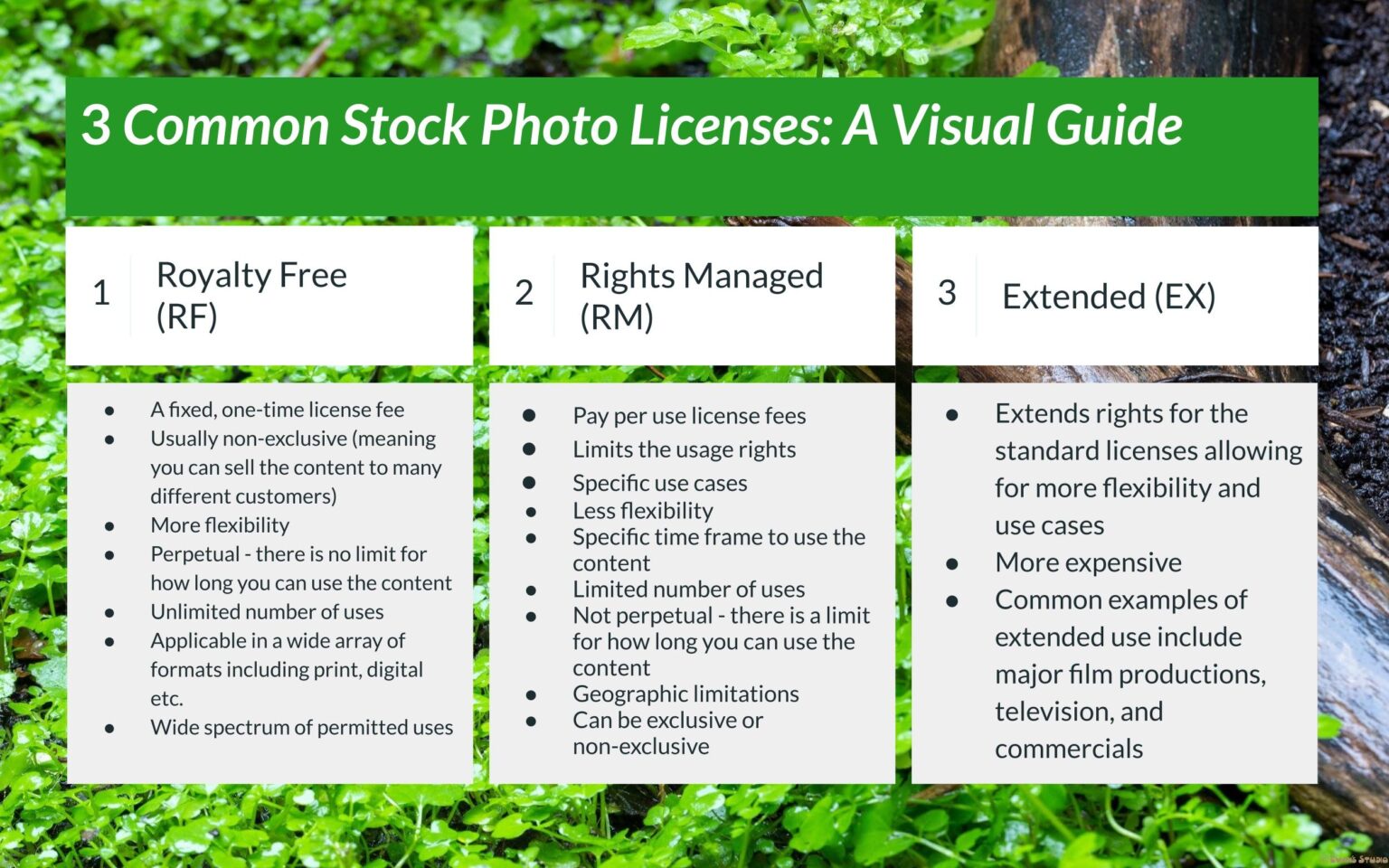Ghana Expands Government Ownership in Gold Mining to Boost National Revenue
In a strategic move to enhance its earnings from gold mining, Ghana has entered into agreements with nine additional mining companies, securing a 20% equity stake in their gold production. This initiative underscores the government’s commitment to maximizing returns from its rich mineral resources and reinforcing Ghana’s position as one of Africa’s leading gold producers. Announced amid surging global gold prices- which recently surpassed $2,000 per ounce-this policy aims to retain a larger share of mining profits within the country.
These new partnerships form part of broader reforms aimed at optimizing benefits from the mining sector while fostering sustainable development for communities impacted by extraction activities.
Overview of Ghana’s Enhanced Mining Partnership Framework
The Ministry of Lands and Natural Resources is driving this expansion, which is projected to significantly increase government revenues through direct participation in mine outputs. The agreements incorporate several key components:
- Equity Participation: The government acquires a 20% ownership interest in each participating mine’s total gold production.
- Boosting Local Economies: Emphasis on sourcing goods and services locally to empower small- and medium-sized enterprises connected with mining operations.
- Community Infrastructure Development: Dedicated investments toward improving vital infrastructure such as roads, schools, and healthcare facilities within mining regions.
This framework also includes strengthened regulatory oversight designed to balance economic gains with environmental protection. By promoting responsible resource management practices, Ghana aims not only for increased fiscal returns but also long-term socio-economic advancement for communities neighboring mines.
Economic Benefits and Wider Impact of Government Stakeholding
The government’s acquisition of stakes across these additional mines represents a transformative shift in resource governance. Direct involvement allows Ghana to capture more substantial fiscal inflows that can be reinvested into critical sectors such as education, healthcare, and public infrastructure enhancement.
This policy adjustment is expected to generate multiple positive effects throughout the economy including:
- Job Creation: Increased employment opportunities both within mines themselves and ancillary industries like transportation logistics and equipment servicing.
- Attracting Foreign Capital: Stable government participation boosts investor confidence encouraging further foreign direct investment into the sector.
- Sourcing From Domestic Suppliers: Prioritizing local procurement strengthens domestic businesses linked with mining supply chains.
Together these outcomes contribute toward diversifying Ghana’s economy beyond raw mineral exports while aligning with sustainable development goals consistent with global best practices endorsed by organizations such as the World Bank and IMF.
Promoting Sustainability Within Ghana’s Gold Mining Industry
Sustainability remains central as Ghana deepens its engagement in global gold markets. To ensure environmental preservation alongside economic growth, several critical strategies must be prioritized moving forward:
- Enforcing Responsible Mining Practices: A comprehensive regulatory framework should mandate strict environmental safeguards minimizing land degradation, water contamination risks, and biodiversity loss associated with extraction activities. Transparency measures requiring companies’ disclosure on ecological impacts will foster accountability.
- Capacity Building for Artisanal Miners: Implementing technical training programs focused on safer extraction techniques can mitigate hazardous informal mining often linked with illegal “galamsey” operations prevalent across parts of Western Africa.
- Engaging Communities & Land Rehabilitation Initiatives: Pursuing ongoing dialogue among stakeholders ensures fair benefit-sharing arrangements while post-extraction land restoration projects help rehabilitate ecosystems-transforming former mine sites into productive agricultural lands or conservation zones.
- Incentivizing Environmental Compliance: A system rewarding companies that strictly adhere to sustainability standards through tax incentives or preferential licensing encourages widespread adoption across the industry.
Final Thoughts on Ghana’s Resource Management Strategy
The recent decision by Ghana’s government to acquire 20% stakes in nine additional gold mines marks a pivotal step towards maximizing national benefits derived from its mineral wealth. This proactive approach not only strengthens fiscal capacity but also reflects an evolving model where resource-rich nations assert greater control over their assets amid volatile commodity markets worldwide-including recent fluctuations driven by geopolitical tensions affecting supply chains globally.
If implemented effectively alongside robust sustainability measures outlined above, this strategy could serve as an exemplar for other African countries seeking balanced progress between economic prosperity and ecological stewardship amid rising international demand for precious metals like gold. As investors monitor how these policies unfold domestically-and internationally-Ghana may well establish new standards demonstrating how strategic partnerships can foster inclusive growth within extractive industries today.

